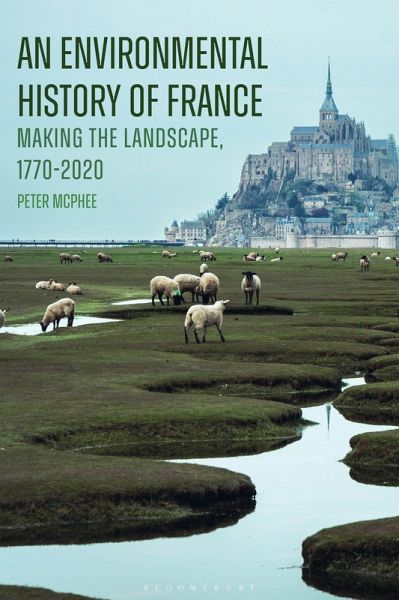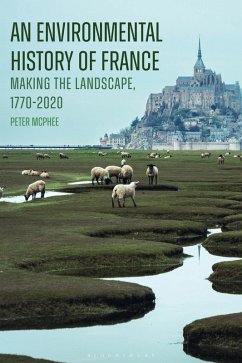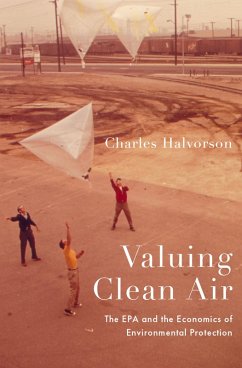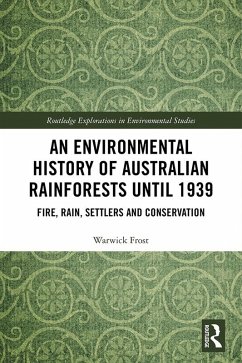
An Environmental History of France (eBook, ePUB)
Making the Landscape, 1770-2020
Versandkostenfrei!
Sofort per Download lieferbar
16,95 €
inkl. MwSt.
Weitere Ausgaben:

PAYBACK Punkte
8 °P sammeln!
The French countryside is as beloved by the many millions of tourists who visit it each year as it is of French people themselves. But it has not always looked like it does today. An Environmental History of France instead presents the countryside in which people live and work and through which they travel as a human creation across 250 years of economic and cultural change, war and revolution. It is a book about the 'making' of the French landscape and an engrossing story linking human geography, history, agriculture and culture. Showing an awareness of the origins and nature of current ecolo...
The French countryside is as beloved by the many millions of tourists who visit it each year as it is of French people themselves. But it has not always looked like it does today. An Environmental History of France instead presents the countryside in which people live and work and through which they travel as a human creation across 250 years of economic and cultural change, war and revolution. It is a book about the 'making' of the French landscape and an engrossing story linking human geography, history, agriculture and culture. Showing an awareness of the origins and nature of current ecological and social challenges, Peter McPhee uses a blend of environmental and cultural approaches to paint a vivid picture of rural France's modern history. From the aristocratic control of agrarian resources in the 1770s, to widespread mechanisation in the 19th century, through to the impact of the World Wars and an intriguing discussion about the uncertain future of French rural communities, McPhee provides a nuanced, detailed and absorbing account of a distinctive version of France that is essential to the country's identity.













